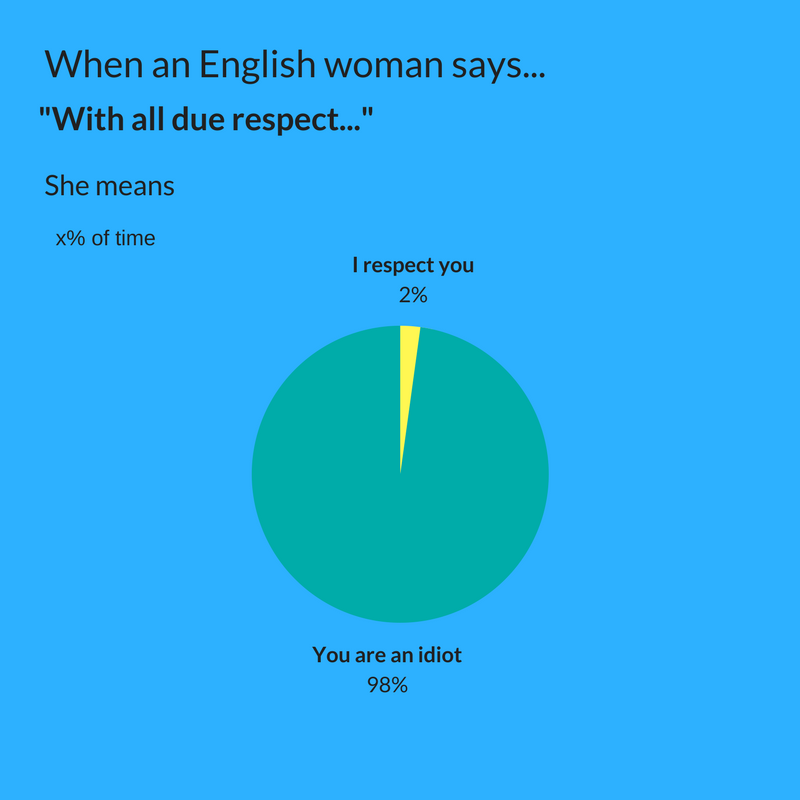We see and hear this all the time, so this from Kim Goodwin (on Twitter) is good for a laugh.
Your Custom Text Here

We see and hear this all the time, so this from Kim Goodwin (on Twitter) is good for a laugh.

Our studies converge on three central findings. First, people use emojis in text-based communication to convey emotional experience. Second, the amount and diversity of emojis causally increases happiness during social interactions. Third, across 122 countries, higher total amount and greater diversity of emoji usage per capita and per user correlate with higher national happiness. Across levels of analysis, our results suggest that both the amount and diversity of digital emotion expression influences well-being.
An academic paper looking - essentially - at emojis :-OOO !! ;-)

Donald Trump scored a full 30 out of 30 on the Montreal Cognitive Assessment (MoCA), which is used by medical professionals to test for dementia.
The 10-minute test was created in 1996, and assesses concentration, attention, memory, language and other skills.
Here is a snippet:

You can see the full test pdf here (only for educational purposes, commercial purposes please see MOCA site above)
(Adding one point if the subject has fewer than 12 years of formal education.
Around 16: cognitive health of an Alzheimer's patient
Around 22: cognitive health of someone with Mild Cognitive Impairment (MCI)
Above 26: Normal 30: Perfect score (Trump scored 30/30)
British English subtext, another lesson. Quite good = mediocre. Not bad = quite good.

"Not Bad" and "Quite Good" - these phrases in British English are particularly complex.
Take this situation.
Alice at a bar. Conversing with her girl friends. Checking out potential dates.
"She's not bad." All her English friends understands she just rated someone 7 or 8 out of 10. Her Spanish friend, Maria, thinks she just rated someone 4 or 5 / 10.
Maria asks "What about that girl in green?"
"She's.... quite good." [Note the very slight intonations or pause or speed of phrasing on the 'quite' will be immediately parsed by her English friends.]
Maria thinks green girl scored 7 /10. But, Alice scored her 5 / 10.
"What do you think of my dance moves? --- Errrr. Quite good!" English people can sound perfectly pleasant while telling all their English friends what they are really thinking.
The same situation applies to business. If your work or someone else is described by your boss as "Quite Good" it was average or possibly even slightly below. If you boss described it as "Not Bad", "Not Bad at all", then it was good and above average piece of work.
If you'd like to feel inspired by life lessons try: Ursula K Le Guin on literature as an operating manual for life; Neil Gaiman on making wonderful, fabulous, brilliant mistakes; or Nassim Taleb's commencement address; or JK Rowling on the benefits of failure. Or Matt Haig's life lessons.
More British English subtext.

When they start "I hear what you say..." they are almost never listening to what you have to say and they don't want to hear it again.

The English are a nation of subtext. (I'm practising my basic infographic skills via Canva).
If an English person ever starts off with the phrase "with all due respect" it does mean they think you are an idiot and don't respect your view at all....
Cross fertilise. Read about the autistic mind here and ideas on the arts here. On investing try a thought on stock valuations.